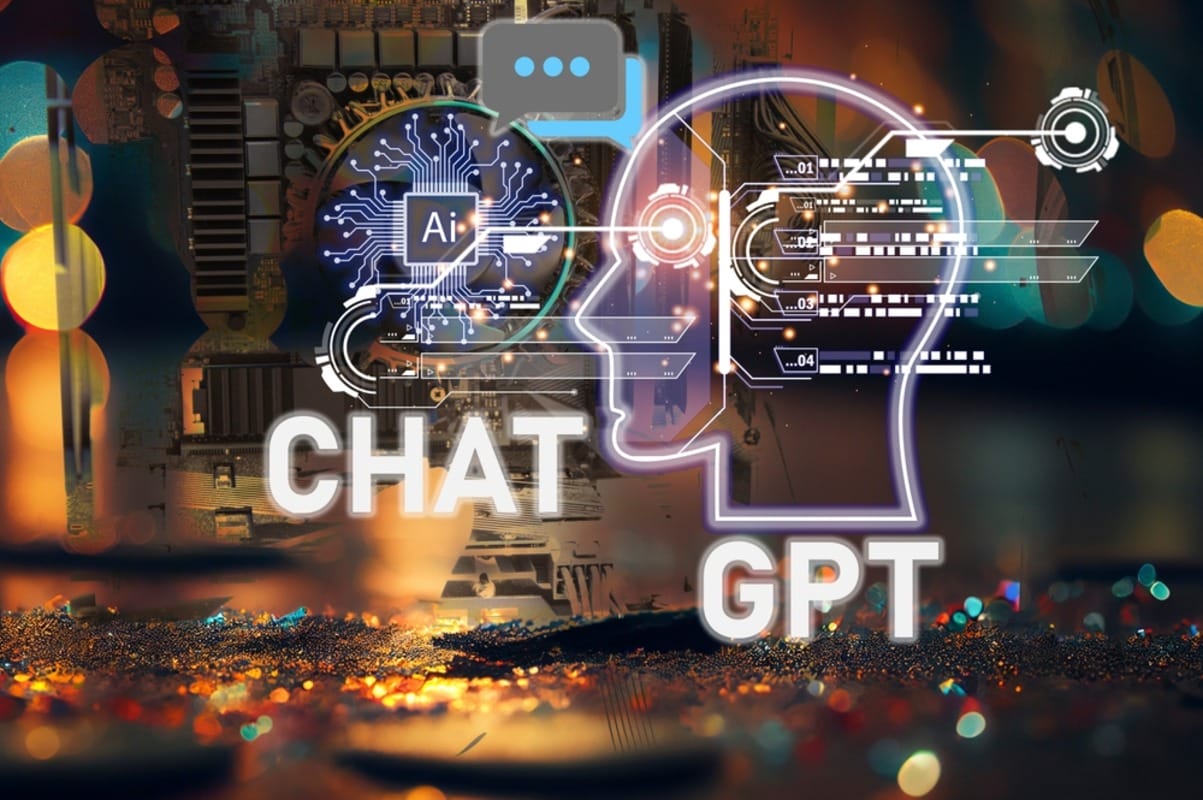OpenAI, the innovative developer behind ChatGPT, has unveiled a groundbreaking development in the world of artificial intelligence (AI). The company is launching customizable versions of ChatGPT, known as GPTs, that cater to specific tasks and user needs.
This initiative will revolutionize how people interact with AI, allowing non-technical users to build specialized AI tools. Notably, building GPTs will not need any technical experience in coding, making it accessible to the general public.
Furthermore, OpenAI is preparing to roll out a GPT Store later this month. This gives users a platform to discover, share, and utilize an array of GPTs tailored to various applications while profiting based on the number of users.
Revolution in specialized AI tools
OpenAI’s GPTs offer an accessible avenue for users to create specialized AI tools based on their needs. Without requiring any coding knowledge, individuals can initiate conversations with GPTs, provide instructions, and outline their desired results. These GPTs can then perform diverse tasks depending on the needs of each person using them. From designing stickers to teaching mathematics to children, GPTs make AI more versatile and user-friendly.
OpenAI is making sample GPTs available for ChatGPT Plus and Enterprise users to experiment with. This initial stage includes integrations with platforms like Canva and Zapier AI Actions. However, OpenAI has plans to expand access to more users in the near future, creating a more inclusive AI community.
Enterprises can now start experimenting with GPTs. This will empower users inside their companies to design internal-only GPTs without code and securely publish them to their workspace. The admin console allows them to choose how GPTs are shared and whether external GPTs may be used.

Fostering collaboration
OpenAI’s vision for GPTs is closely aligned with its mission to build safe artificial general intelligence (AGI). The introduction of GPTs aims to involve a broader community of users in shaping AI’s future. Thus, by democratizing AI development, OpenAI believes that the resulting AI tools will be safer and better aligned with needs.
Meanwhile, OpenAI will launch the GPT Store, a platform featuring AI creations from verified builders. The store will spotlight top GPTs across categories like productivity, education, and “just for fun.” Therefore, users will be able to discover, utilize, and even contribute to these AI tools. The store will also include GPTs competing on leaderboards based on their usefulness.
Currently, developers will have the opportunity to connect GPTs with the real world by integrating one or more Application Programming Interfaces (APIs). These plugins allow GPTs to access databases, manage emails, and facilitate eCommerce orders, among other functionalities, further enhancing their practicality.
Read: Elon Musk integrates xAI with social media platform X
Shaping AI behavior through community involvement
As concerns about the safety of AI systems continue to grow, OpenAI is taking the needed proactive steps. The organization has initiated a program offering ten individual grants of $100,000 each to fund experiments. These experiments involve establishing a democratic process for determining the rules AI systems should follow. Therefore, this demonstrates OpenAI’s commitment to ensuring ethical and responsible AI development.
The introduction of GPTs and the forthcoming GPT Store is a significant leap in making AI more accessible and beneficial. Furthermore, it places great focus on transparency and safety in the process of AI development. As these developments unfold, it is evident that OpenAI is dedicated to fostering a more collaborative and responsible AI ecosystem.
For more technology news, click here.




